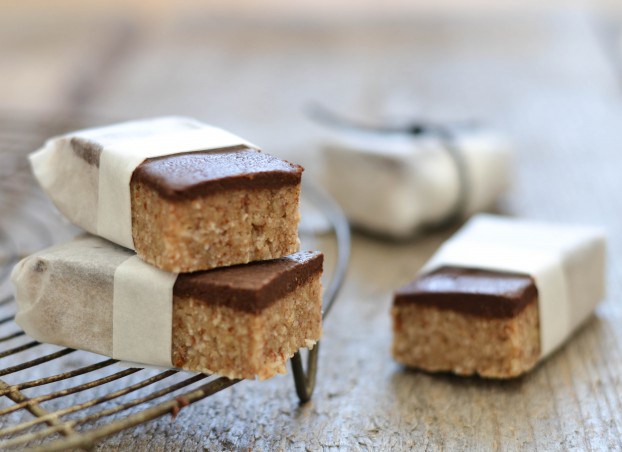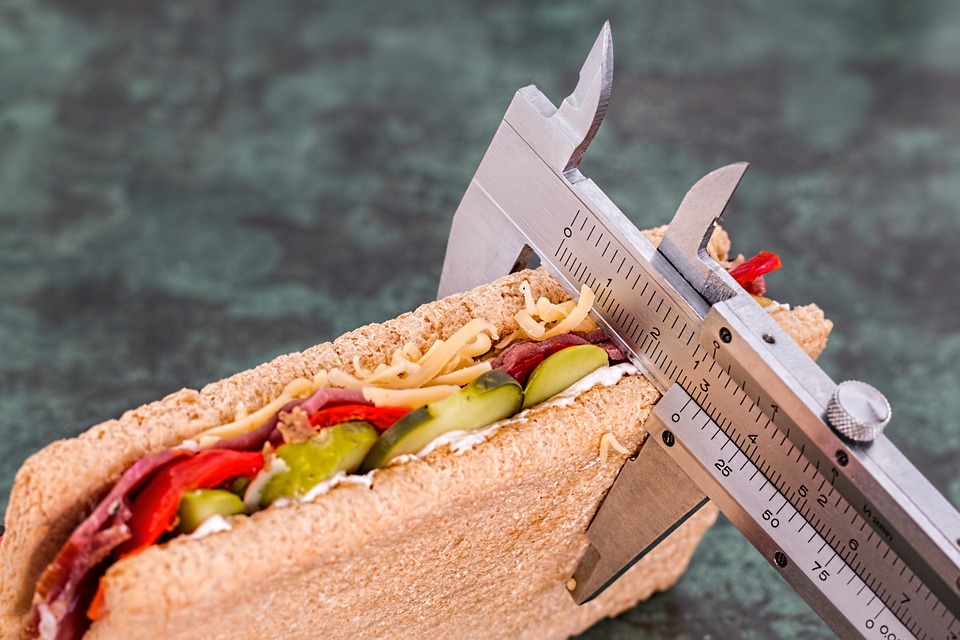
Calories are an important part of your daily life. Your body needs calories just to operate, with even the most basic functions of your organs, such as the beating of your heart, consuming calories.
But how many calories you need in a day to survive is different from how many calories you usually eat on a day-to-day basis. That's because, in a survival situation, your priority is staying alive until you can better your circumstances and eat more enjoyable foods. Until then, you may not get all the nutrients your body needs to stay in top shape.
Determining the minimum calories needed to survive isn't an exact science due to factors like age, sex and weight. However, it's possible to get close to an ideal range that you can aim for in an SHTF scenario.
Read on to learn more about the minimum calories needed for survival. (h/t to Survivopedia.com)
Minimum calories needed for survival
Surviving on very few calories for a brief period is possible, but it's not exactly sustainable. For instance, eating fewer than 1,000 calories per day is said to have the same effect physiologically as total starvation.
Experts recommend a much higher calorie level to maintain optimal health. Sedentary adult females should eat 1,800 calories per day, while moderately active ones should eat 2,000 calories. On the other hand, sedentary adult males need about 2,400 calories per day, while an active man needs up to 2,600 calories.
That said, you can survive on 1,200 to 1,500 calories per day if you're in a pinch. However, this amount will only help you barely survive. If your resources are limited, your goal should be to survive on that minimum amount of calories while working towards improving your situation so that you can get back to your normal calorie intake.
It's crucial that you don't eat a low amount of calories for long because you'll miss out on the health benefits of various nutrients. Vitamins, minerals, fiber and other essential nutrients are key to helping your body and brain perform at peak levels. If you don't get enough of these nutrients, you risk experiencing health problems, including fatigue, constipation and weaker bones.
Another downside of only eating the minimum calories to survive is the impact that it has on your metabolism. According to experts, if you're not taking in enough calories, your body will go into survival mode and slow down your metabolism in an effort to conserve energy. A slowed metabolism can lead to weight gain.
That said, spending a few days only eating the minimum calories needed to survive is unlikely to cause any long-term damage.
How to make high-calorie survival energy bars
In a survival situation, eating high-calorie foods is key to maintaining your energy levels. You likely won't be at liberty to eat your fill of enjoyable foods. Therefore, you'll want to go for compact, high-calorie foods that get the job done. Energy bars are an example of such foods.
Energy bars are meant to keep you nourished in a pinch. Their very name indicates that they provide energy, which comes from macronutrients like carbohydrates, protein and fat. (Related: Micronutrients and macronutrients: 6 Essential nutrients and why you need each one to stay healthy.)
However, most store-bought energy bars are no better than candy bars. Despite marketing claims that they are good for you, many commercially made energy bars are chock-full of added sugar and other harmful ingredients. Therefore, you'd be better off making your own survival energy bars.
Try making some today by following this recipe for survival energy bars with rolled oats:
Ingredients:
- 2 1/2 cups powdered milk
- 2 cups rolled oats
- 1 cup brown sugar
- 1/4 cup water
- 1/4 cup dried fruit powder
- 3 Tablespoons raw honey
Preparation:
- Combine the oats, milk and sugar in a bowl.
- Combine the honey, dried fruit powder and water in a saucepan. Bring to a boil, stirring constantly.
- Remove from heat and pour into the dry ingredients. Mix until a dough forms.
- The dough will be stiff, so use a food processor or heavy-duty mixer if needed. If the dough feels too stiff, add a teaspoon of water at a time and continue mixing until you can spread the dough evenly onto a baking sheet.
- Cut the dough into bars, then bake at 200 to 250 F for 1.5 hours. Store in airtight containers.
Go to EmergencyFood.news for more recipes you can try before SHTF.
Sources include:
Please contact us for more information.




















